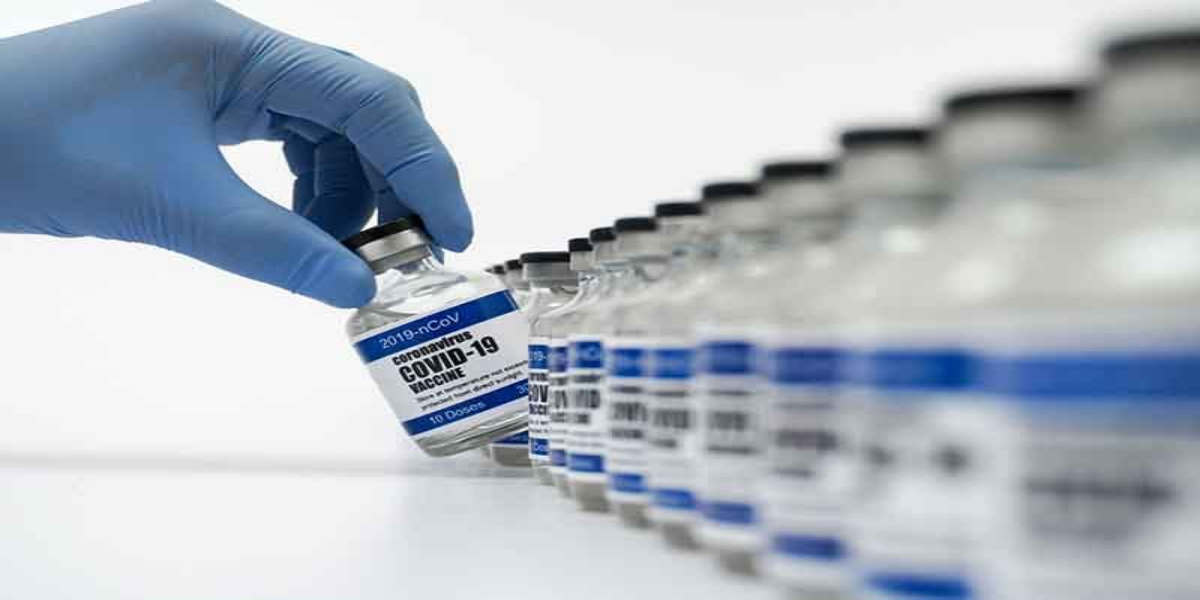JOHANNESBURG – Africa’s first COVID-19 vaccination plant, hailed last year as a trailblazer for an under-vaccinated continent irritated by slow Western aid, is on the verge of closing down after getting no orders, according to a business executive.
In November, Aspen Pharmacare in South Africa agreed to package and market Johnson & Johnson’s COVID-19 vaccine and distribute it across Africa under a licencing agreement.
The World Health Organization (WHO) hailed the agreement as a “transformative moment” in the fight to eliminate severe disparities in COVID vaccination access.
According to the most recent WHO numbers from the end of March, barely a sixth of adults in Africa are completely vaccinated, making Aspen’s agreement to market an Aspen-branded COVID-19 vaccine, Aspenovax, throughout Africa a sure bet.
A fifth wave of illnesses is expected in South Africa, which has vaccinated 30 percent of its population.
[embedpost slug=”south-africa-miners-force-president-to-quit-may-day-event/”]
“No orders for Aspenovax have been received,” Aspen senior director Stavros Nicolaou told Reuters over the phone.
“Clearly, there will be very little reason for sustaining the lines that we’re now utilising for production if we don’t obtain any kind of vaccine orders,” he said of the COVID-19 vaccine plant in Gqeberha, Eastern Cape.
Africa has faced with logistical obstacles, a shortage of competent personnel, cold chains, and other issues related to vaccine distribution. Another difficulty is that, after originally abandoning Africa, donor countries have recently paid up, ensuring that the continent is well-supplied.
Nicolaou stated that the company’s long-term goal was to convert to producing other vaccines, but that the company had relied on these early volumes to purchase time to set up shop.
“You won’t be able to sustain these capacities on the continent until you bridge this short-term gap with orders,” he added, at a time when health officials seek to vaccinate three-quarters of the continent’s population.
The African Union’s goal is to produce 60% of all vaccines delivered in Africa domestically by 2040, up from 1% currently, and several such plants are currently under construction.
“What chance do any of the other programmes have if Aspen doesn’t get production?” Nicolaou explained.




















